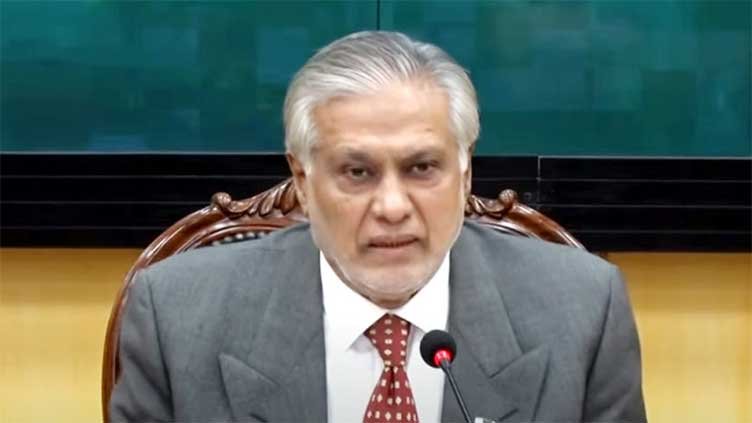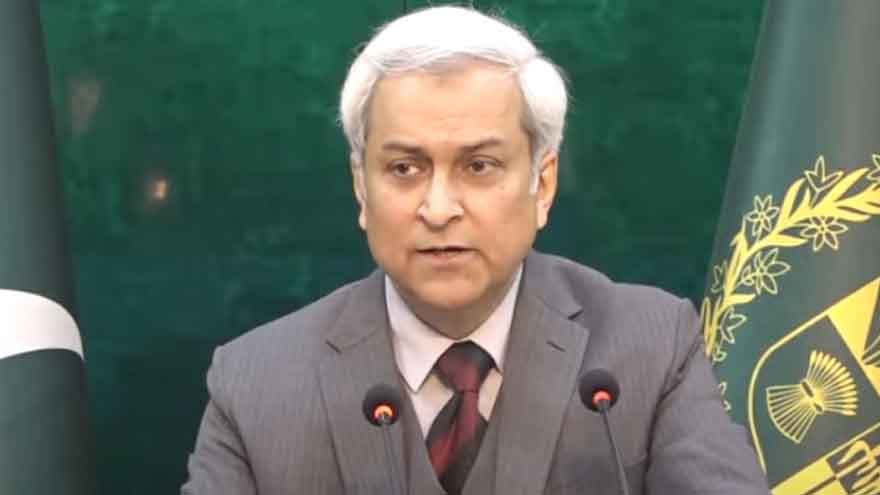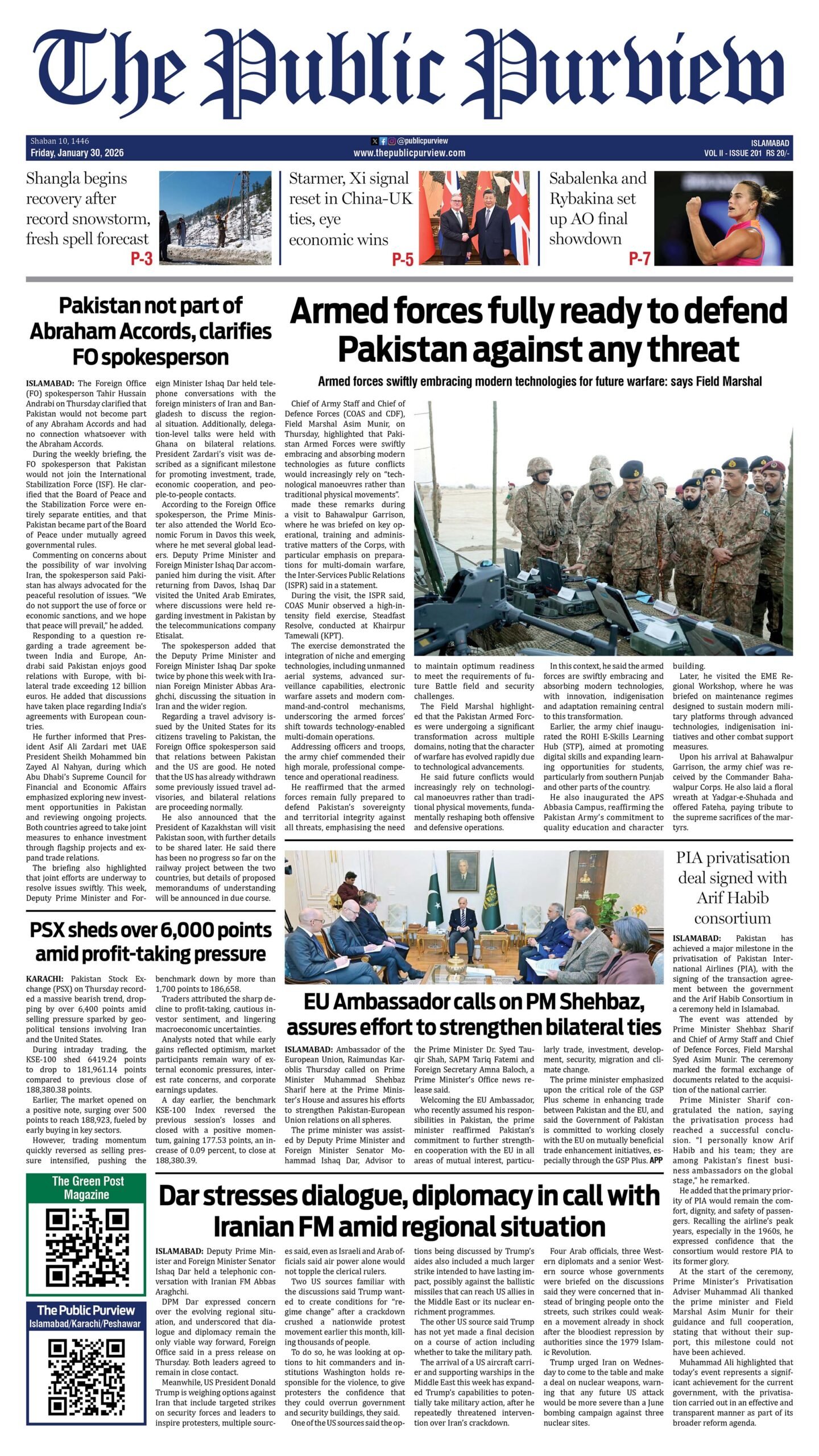
by Muhammad Mohsin Iqbal
The recent events in Qatar have laid bare a harsh truth: foreign military betrayal is not a distant fear but a present reality. When Israel rained fire upon Qatar, the world looked not only at the skies but also at the ground—toward the vast American base at Al-Udeid. This installation, the largest U.S. military site in the Middle East, rose as a fortress built with Arab wealth. It houses nearly 10,000 troops and boasts advanced aircraft and weapons of war. Yet, when the moment of truth arrived, the base stayed motionless. No jets took flight. No soldiers moved. The defense purchased at enormous cost disappeared precisely when people needed it most.
Indeed, this outcome was no accident. Nor was it a lapse. Instead, it showed a deliberate silence. For the rulers of the Muslim world—and for the Ummah at large—the lesson stands clear: never entrust your defense to others. When the decisive hour arrives, they turn away from the responsibility they promised to bear.
Moreover, Allah Almighty has already warned the believers:
“O you who believe! Do not take the Jews and the Christians as allies. They are [in fact] allies of one another. And whoever is an ally to them among you—then indeed, he is [one] of them.” (Surah Al-Ma’idah, 5:51)
Therefore, let us consider the numbers. Ten thousand American troops live permanently in Qatar. Doha—not Washington—pays for their salaries, food, accommodation, and weaponry. Year after year, billions keep this foreign army alive. Yet, when the test came, it delivered nothing but silence.
Furthermore, this pattern stretches across the Arab world. In Kuwait, Bahrain, Saudi Arabia, and the Emirates, tens of thousands of U.S. troops serve under similar arrangements. Estimates range from 40,000 to 50,000. Arab hosts drain their own resources to fund these garrisons, even though the troops pledge loyalty only to Washington.
So what defense did this mercenary force provide when Israel struck Qatar? None. Not a single aircraft scrambled. Not a single missile was launched. Thus, bases once marketed as fortresses exposed themselves as silent monuments to wasted wealth. This silence across multiple U.S. bases highlights a recurring pattern of foreign military betrayal, where promises of defense collapse in the face of real aggression.
Historically, betrayal always followed those who handed sovereignty to outsiders. Time and again, outsiders abandoned them at the crucial hour. Consequently, rulers who ignored these lessons doomed themselves to humiliation.
The Prophet Muhammad ﷺ said:
“Do not seek light from the fire of the polytheists.” (Musnad Ahmad, Hadith 2346)
Truly, this warning pierces through today’s reality. Muslim rulers sought protection from foreign powers, only to burn in the very fire they thought would give them light.
Therefore, Arab rulers who placed their trust in American protection must now face a bitter truth. Washington’s loyalty has never belonged to them. Its unwavering bond remains tied to Israel. The episode in Qatar revealed this reality for all to see. U.S. bases do not defend Arab security. They advance American policy. And when that policy demands silence before Israeli aggression, silence is exactly what they deliver—regardless of the billions paid or the promises made.
Admittedly, NATO stands as a political and military alliance of 32 countries from North America and Europe. Its mission is to guarantee the freedom and security of its members. If NATO works for the West, why shouldn’t a similar Muslim alliance rise? After all, the Arab world, Pakistan, Iran, Turkey, Indonesia, Malaysia, and other like-minded nations share both strength and interest.
Such an alliance could take many names: MATO – Muslim Alliance Treaty Organization, IMDO – Islamic Military Defense Organization, MDSA – Muslim Defense & Security Alliance, or OISA – Organization of Islamic States for Alliance. Regardless of the name, the essence stays the same—an organization built on collective will, strength, and dignity, not dependence on hired guardians.
Therefore, the Ummah must ask: how long will its rulers pour national wealth into sustaining foreign armies that never defend them? How long will Muslim lands host garrisons that eat from their tables yet salute another’s flag? How long will the faithful empty their treasuries to buy illusions of security?
The Qur’an declares:
“And never will Allah grant to the disbelievers a way [of triumph] over the believers.” (Surah An-Nisa, 4:141)
Nevertheless, believers who surrender their authority and invite outsiders to run their defense open the door to humiliation with their own hands.
Indeed, the Middle East holds hundreds of millions of people. Its resources rank among the richest in the world. United, its power could shake the earth. Yet, its leaders continue to lean on outsiders. They contract out survival. They imagine mercenaries can guard honor. Thus, the attack on Qatar should serve as the final awakening.
Undeniably, the truth stands firm. No nation can buy its defense. No sovereignty survives outsourcing. People must forge security with their own hands. Nations must defend dignity with their own blood. Whoever relies on others invites betrayal. Whoever finances his betrayer commits the gravest folly.
Consequently, Muslim rulers must now stare into the mirror of Qatar’s ordeal and decide: will they keep buying protection from those who stand with Israel, or will they raise strength within their own people and armies? The choice lies with them. However, history will not pardon negligence. Nations that fail to defend themselves do not just lose—they vanish.
Therefore, the betrayal of Qatar should echo in every palace and parliament of the Muslim world. Let no one forget it. Let no one excuse it. May this moment awaken the Ummah to a truth long denied: reliance on foreign guardians brings humiliation. True survival rests only in the strength forged from within.
Ultimately, this episode offers a defining example of foreign military betrayal. The silence of Al-Udeid did not just signal strategy—it symbolized abandonment. It reminded the Muslim world that sovereignty cannot be outsourced. It must be earned, guarded, and defended from within.






 Today's E-Paper
Today's E-Paper